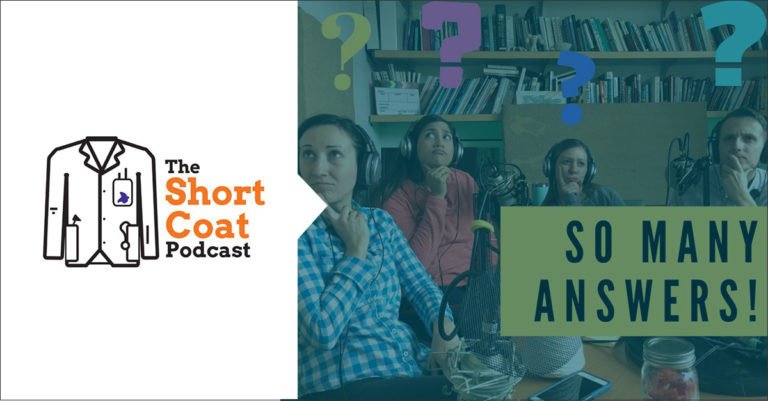
Nebraska Has Questions
Jennifer Anderson, a sociology PhD student at the University of Nebraska-Lincoln, teaches a course called Sociology ... Read more
Written by: The Short Coat Podcast
Published on: October 19, 2018

Jennifer Anderson, a sociology PhD student at the University of Nebraska-Lincoln, teaches a course called Sociology ... Read more
Written by: The Short Coat Podcast
Published on: October 19, 2018
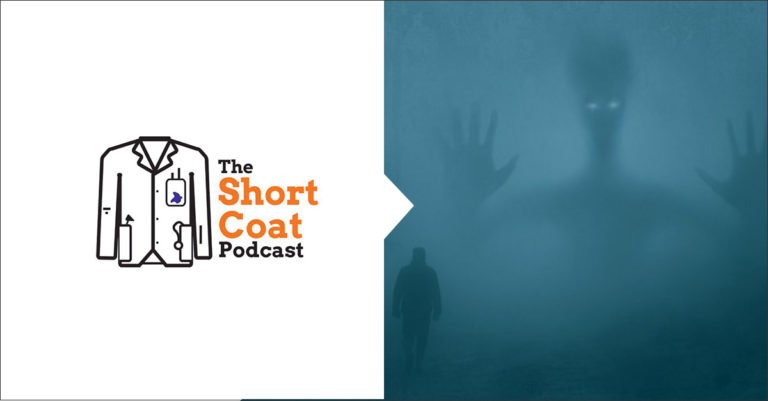
This week, listener Jen sent us an article from JAMA in which the author bemoans his tendency ... Read more
Written by: The Short Coat Podcast
Published on: October 5, 2018

Let’s just keep talking about treating obesity Fifi Trixiebell (not her real name) wrote to [email protected] asking ... Read more
Written by: The Short Coat Podcast
Published on: September 29, 2018

Obesity may not be hopeless, but it is very difficult for physicians and sufferers Listener ... Read more
Written by: The Short Coat Podcast
Published on: September 22, 2018
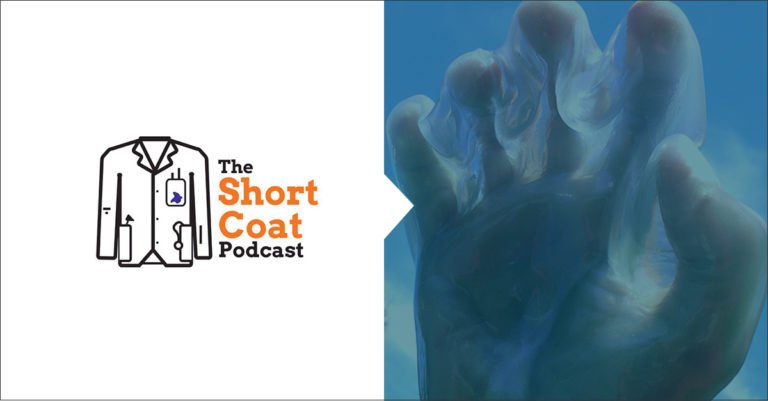
Residency applicants get boosted by AOA, but it could be racially biased Aline Sandouk, Jayden ... Read more
Written by: The Short Coat Podcast
Published on: September 14, 2018
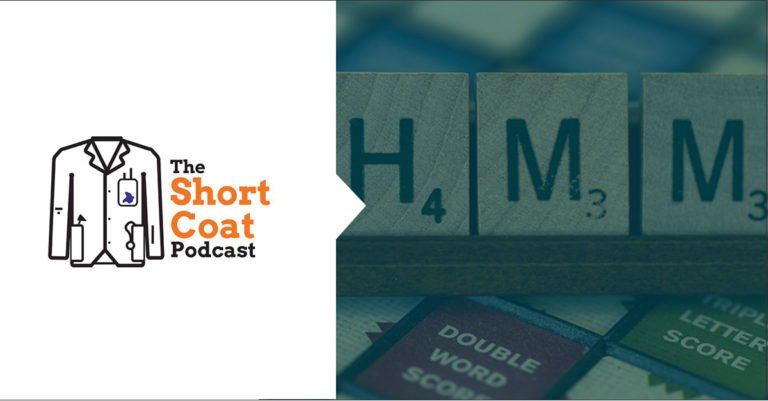
Should you fix a bad grade, or concentrate on making your strengths even stronger? Activia ... Read more
Written by: The Short Coat Podcast
Published on: September 7, 2018
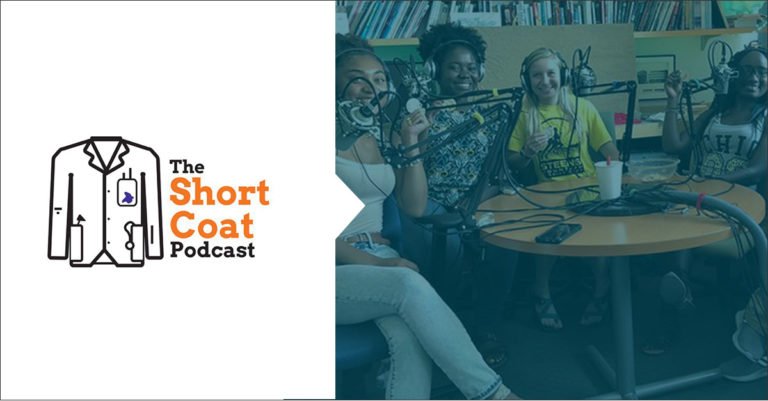
More great stuff from the SHPEPers at CCOM Our visit with pre-health students in the ... Read more
Written by: The Short Coat Podcast
Published on: August 25, 2018
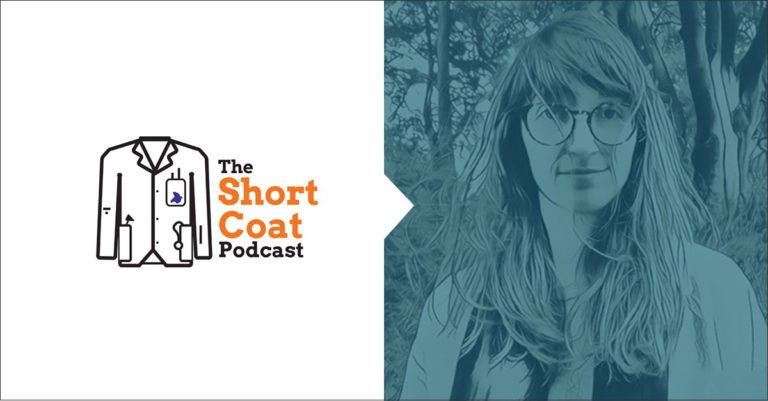
A live stage show featuring the stories of healthcare providers is now a podcast you’ll love. ... Read more
Written by: The Short Coat Podcast
Published on: August 17, 2018
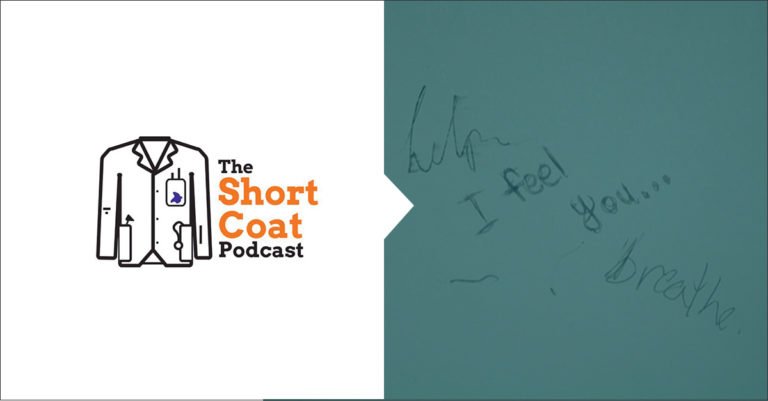
Mentorship and Examples are critical. The Summer Health Professions Education Program, SHPEP, has become a ... Read more
Written by: The Short Coat Podcast
Published on: August 10, 2018
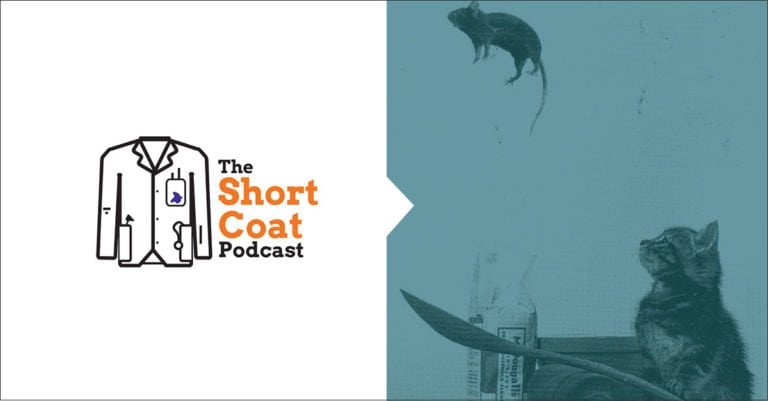
Executive Producer Jason has kindly let Dave go on vacation, so Aline Sandouk takes over ... Read more
Written by: The Short Coat Podcast
Published on: August 3, 2018
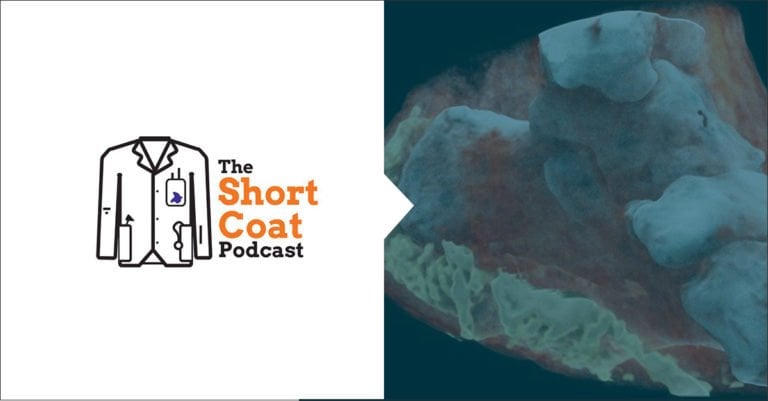
Updated November 13, 2021. The article was updated to correct minor grammatical errors and to ... Read more
Written by: The Short Coat Podcast
Published on: July 27, 2018

And no, that’s not the three stages of your med school application. ’Tis the season ... Read more
Written by: The Short Coat Podcast
Published on: July 20, 2018

So many listener questions! Listener Amari returns to ask Aline Sandouk, Jayden Bowen, Tony Rosenberg, ... Read more
Written by: The Short Coat Podcast
Published on: July 13, 2018
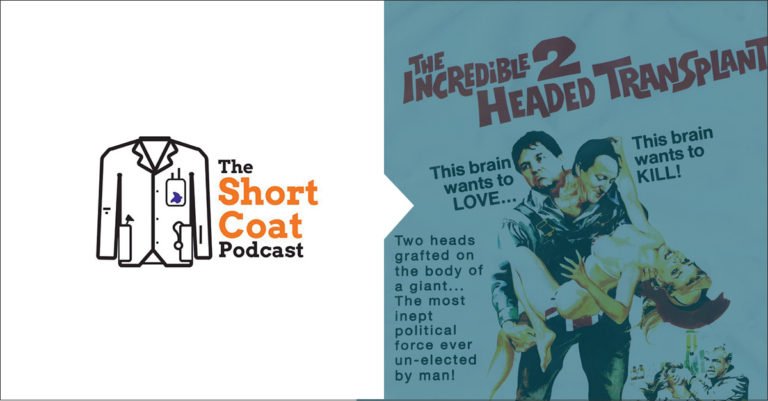
Your Med School Application is Too Important to Rush Listener Hanna wrote in to ask ... Read more
Written by: The Short Coat Podcast
Published on: July 6, 2018
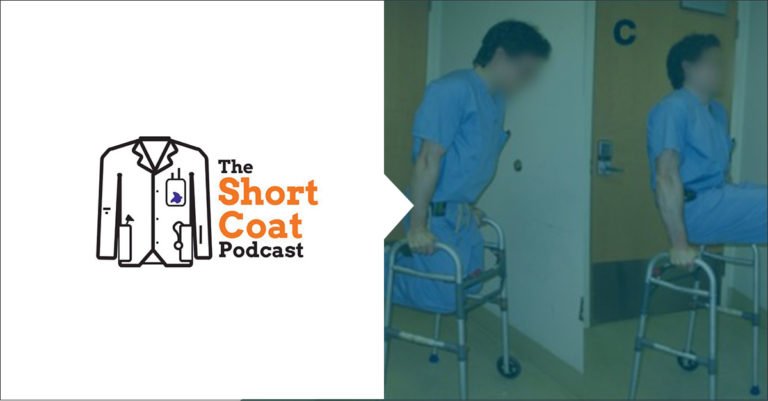
How can you brag about yourself without bragging about yourself? We are taught from a ... Read more
Written by: The Short Coat Podcast
Published on: June 29, 2018
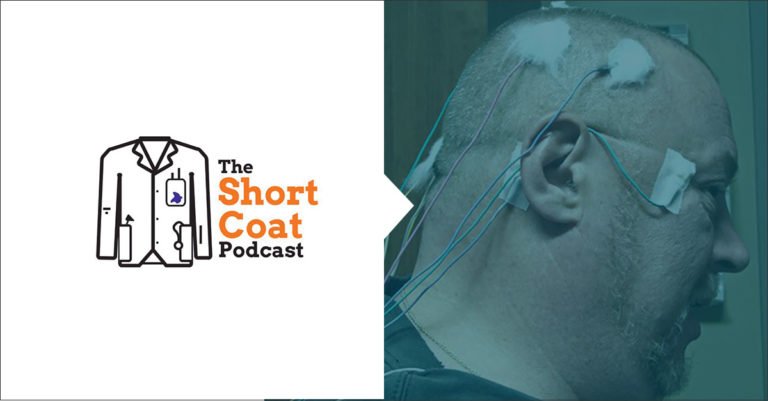
We love when listeners get in touch, which is why Dave was glad to hear ... Read more
Written by: The Short Coat Podcast
Published on: June 22, 2018
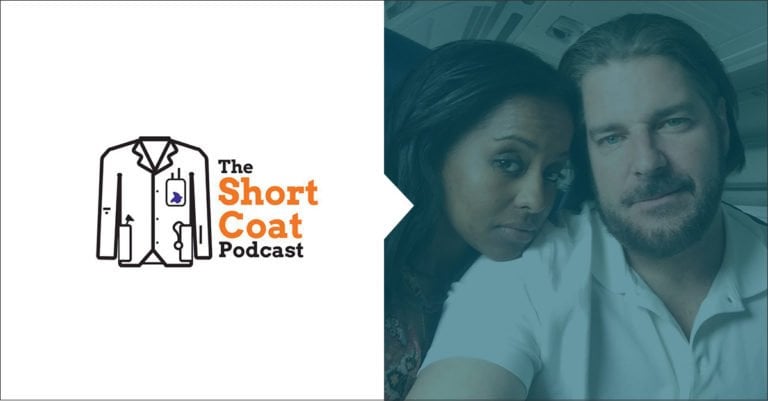
The challenges of providing healthcare in an occupied territory Steve Sosebee is the president and ... Read more
Written by: The Short Coat Podcast
Published on: June 15, 2018

What Routines Do Medical Students Find Helpful When Drinking from the Firehose? Listener Meghan is ... Read more
Written by: The Short Coat Podcast
Published on: June 9, 2018
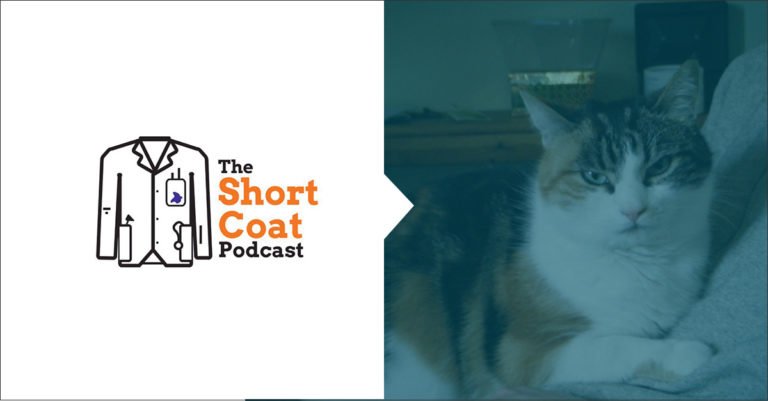
Her snacks were delicious, but you’ll never guess her secret ingredient. Irisa Mahaparn, Tony Rosenberg, ... Read more
Written by: The Short Coat Podcast
Published on: June 1, 2018